You can see the updated detailed Ratiu family tree here
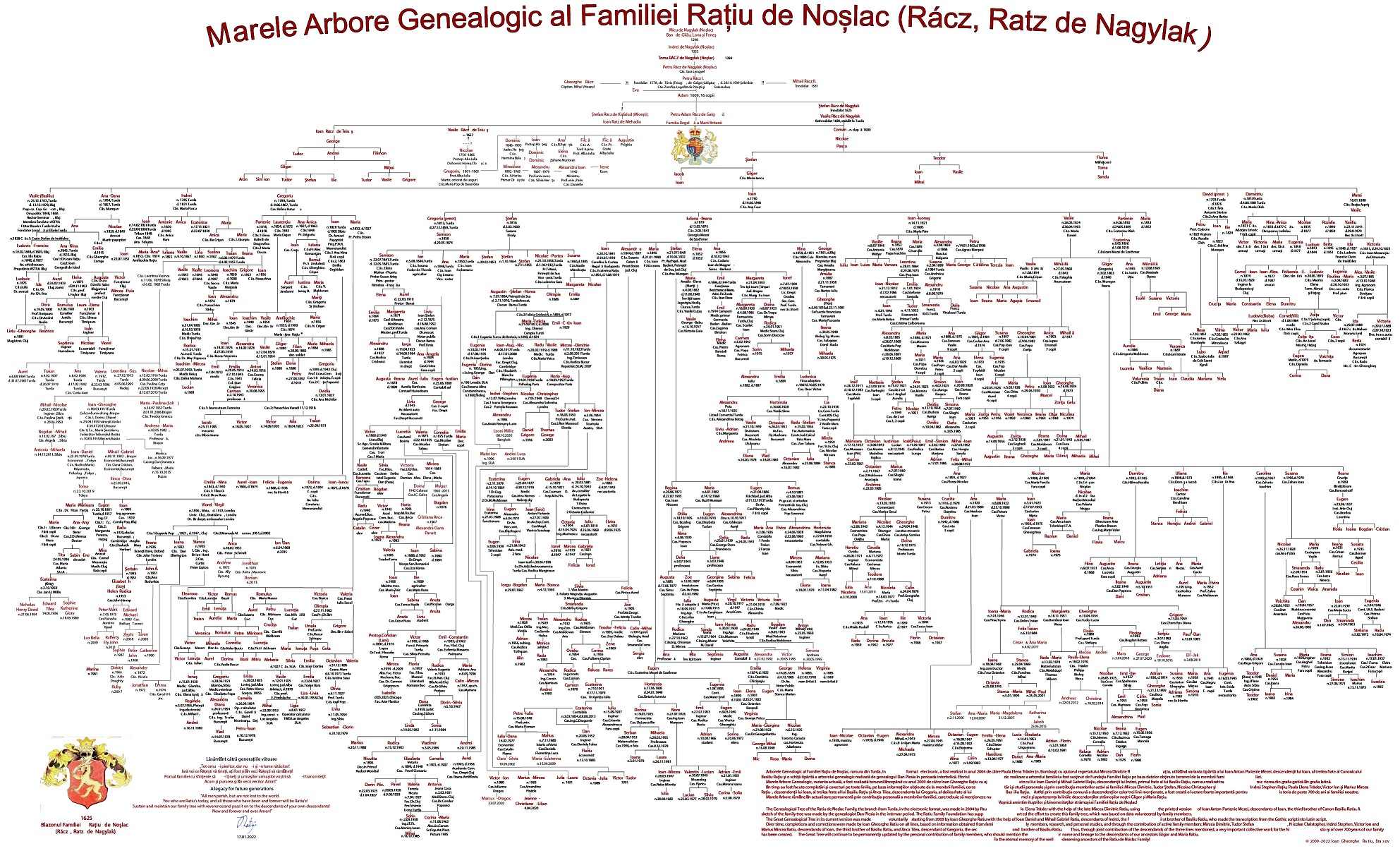
1298 – Micu, money Gilau and Fenes (Floreşti) is moved to January 13 on the shore at the mouth Aries Mures County in Nagylak (Noşlac).
1331 – Andreas / Indrei is certified on May 16 by Voivod of Transylvania Deva Thomas Szechenyi as nobilis, master (Nemes) of land in Nagylak (Noşlac).
1394 – Thomas Nagylak, captain of the Crusaders, is knighted by the King of Hungary Sigismund of Luxemburg, the merits of the fighting in the region inhabited by Rácz / Ratz (Croatia). The family takes the nickname Rácz / Ratz – (Croatia) – the particle “of Nagylak”.
1578 – Peter / Peter Rácz of Nagylak is ennobled by the Austrian Emperor Rudolf II. Title Rácz I. Habsburg for military and diplomatic merit.
Ratiu Family of Nagylak (Noşlac) of Turda
1625 – Stefan Racz of Nagylak – (Ratz in German transcription), which is ennobled by Prince Gabriel Bethlen of Transylvania diploma worth renewing military and diplomatic.
1653 – Prince George Rakoczy II of Transylvania. cancel the Rácz family diploma and has the property disposal Nagylak – Noşlac, which is given the family of Count Dobay.
1680 – Basil Rácz adult sons, John and Basil (Coman minor son, is not mentioned) is reînnobilat Prince of Transylvania by Mihai Apafi I and receives diploma noble predicate “of Nagylak”.
1768 – The descendants of Coman, family members settled in Turda, submit their application for certification noble descendants of Basil Rácz (1680).
1782 – Stefan Toader and flowers are confirmed as descendants of Basil Rácz of Turda Nobles Nagylak the board issuing the August 2 “certificate of nobility”.
1820 – Name Ratiu introduced by Basiliu Ratiu by transcribing first name Rácz (Ratz).
1821 – Descendants of Basil Rácz of Nagylak / Noşlac, Ratiu family members are confirmed as legal residents by Turda County Court Minutes no. 9963.
1828 – Turda County Jurisconsult application Order no. 11037 of June 30, issued by the Directorate of the Imperial Supreme Council of Transylvania, Ratiu family initiates validation process diploma entitled “The Nagylak”.
1829 – Basil / Basilius, Indrei / Andrew Gregory / Gligor, John, David, and Matthew sons Demetriu Gligor Ratiu, true followers of Nagylak Rácz family, ennobled in 1680 by Prince Michael Apafi I., are nominated as inhabitants full noble rights by ruling of April 1 Turda County Court.
Family members

Fr. Basiliu Raţiu
(December 25th 1783 - December 12th 1870), Dean Greek Catholic
as a leading figure of the Romanian Uniate Church. Professor and three times Chancellor of the diocesan Seminar in Blaj ( 1827- 1832, 1834- 1839, and 1842-1845), Basiliu Raţiu authored two books- “Drept Canonic”, remained in manuscript, and “Istoria Beserecesca”, the first manual of the Romanian Uniate Church history, published in 1854, both featured as text in school for a length of time.
In 1867 he founded the Eforie Foundation that supported Romanian students by providing scholarships until 1948, when its funds were seized by the communist regime. The Eforie Foundation supported the establishment in 1902 of Turda’s first “College of Arts and Trades” which survives today as ”Dr. loan Ratiu Technical College”.
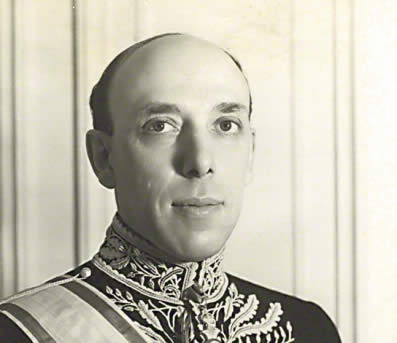
Viorel Virgil Raţiu Tilea
(Sibiu April 6th, 1896- London, September 20th, 1972), politician, businessman, journalist, diplomat
was a Romanian Politician and ambassador, Romania’s Ambassador to Saint James’ Palace between 1938-1940. After the Ion Antonescu regime came to power, he refused to return to his native country and asked for political refuge in the UK. He studied law in Sibiu, Bratislava, Cluj- Napoca, London and Wien, where he also obtained his PhD. Following his decision not to return to Romania, he lost his citizenship and all properties in the country.
He is widely known for the “Tilea incident” that took place prior to the beginning of WWII. On March 16th and 17th 1939, Viorel Tilea declared at the Foreign office that the Romanian Government has all reasons to believe that in the months to follow Germany will try to split Romania as previously done with Czechoslovakia. The Romanian Government denied the existence of a “German ultimatum”. The British office accepted and acted on his information. The outcome was the end of a conciliation policy between London and Paris on the one hand and Berlin on the other. 1940 confirmed his suppositions. He died in England and following his will’s request the memories he wrote whilst in office were published by his family.
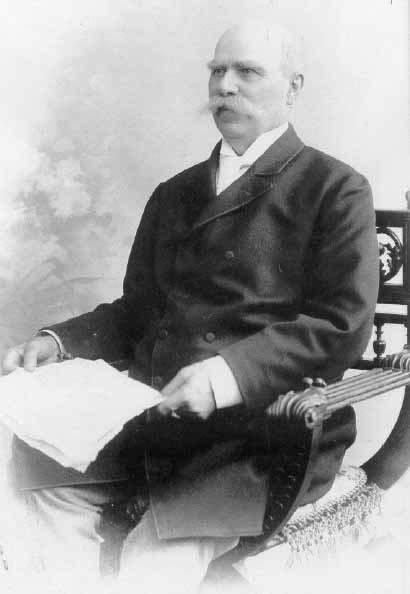
Dr. Ioan Rațiu
(19 august 1828 - 4 decembrie 1902)
was a descendent of the Rațiu Nagylak family in Turda, first documented early XIVth century, re-titled again in 1625 by Prince Gabriel Bethlen. Ioan Raţiu was a Transylvanian politician and lawyer, one of the founders of the Romanian National Party in Transylvania and its leader between 1892-1902.
Ioan Rațiu was an advocator for the rights of Romanians in Transylvania, and one of the authors of the historic “Memorandum” to Emperor Franz Josef I on behalf of the Romanians living in Transylvania. He started his studies in law in Wien and in 1857 passed his PhD in Budapest with the thesis Theses ex universa jurisprudentia et scientiis politicis. He acted as lawyer in Budapest, Cluj-Napoca and Sibiu.
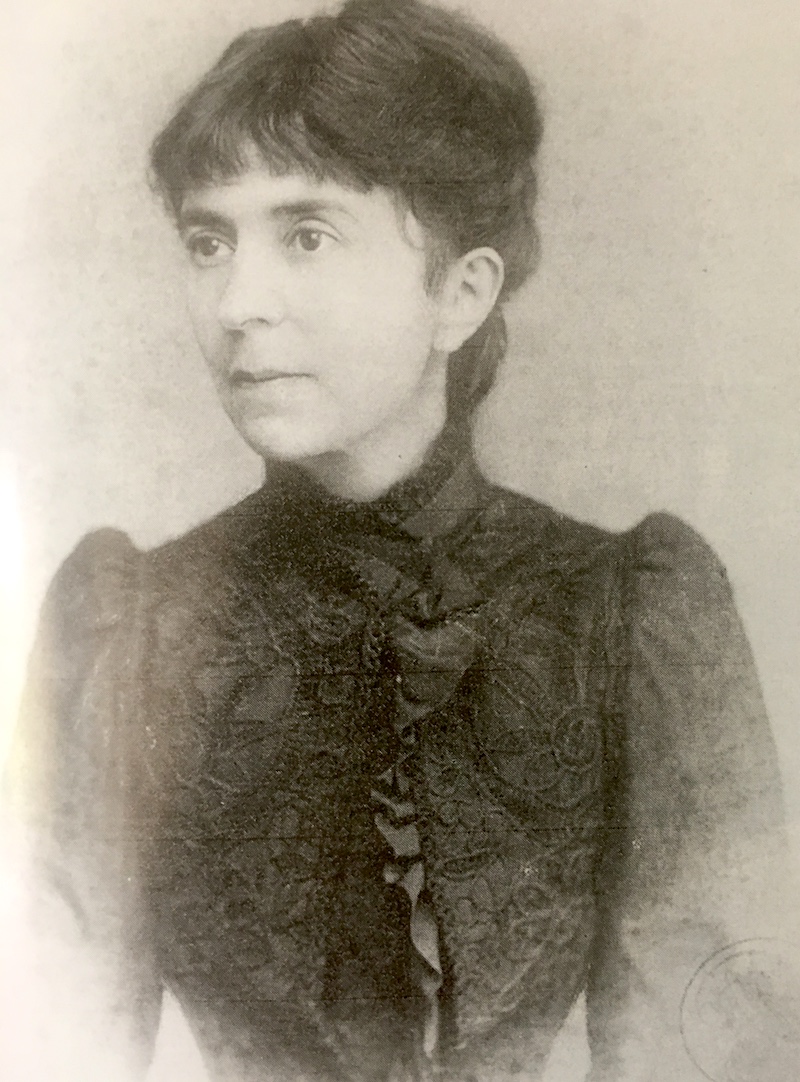
Emilia Raţiu
(1846-1929)
was Ioan Raţiu’s second wife, a woman standing beside him for over 40 years, loving mother of five children. She supported the political ideals of her husband advocating herself for the rights and liberties of Romanians living in Transylvania. According to historian Cornelia Bodea, she was an “inspiring guide for all Romanian women”. During Ioan Raţiu’s incarceration in Seghedin prison she moved in vicinity of the building in order to stay close to her husband as well as pass the information friends and acquaintances wrote her.
Emilia Raţiu was one of the initiators of the feminist movement in Transylvania, an advocator for the increase in the professional and cultural level of Romanian women and girls.
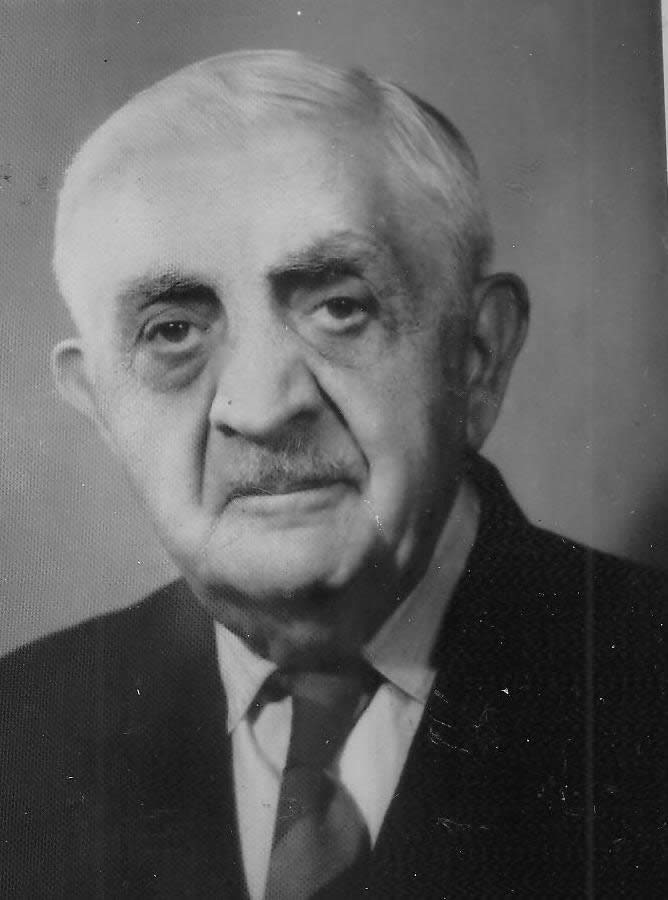
Augustin Raţiu
(7 iulie 1884 - 2 decembrie 1970), Lawyer and dean of the Bar Turda
studied law in Cluj and Budapest with the support of a “Șterca Șuluțiu” Foundation scholarship and obtained his PhD in law in 1909 when he applied for a layer’s license in Târgu Mureș. The same year, he opened his own practice in Turda and became dean of the Lawyer’s Bar Association.
After 1918 he continued to support the development of local Romanians, acting as first Romanian prefect of Turda County, Turda City mayor and councilor at both county and municipal levels. Augustin Ratiu’s civil administrations ushered in a period of prosperity; Turda’s great glassworks opened soon after WWI. The post WWI Turda of Augustin Ratiu’s day quickly became the cultural melting-pot (Romanian, Hungarian, German, Jewish and Roma) that to some extent remains to this day.
Recommended links:
UK not the first choice for Romanians
Fiul lui Ion Rațiu: Minerii vroiau să-l spânzure pe tatăl meu în iunie 1990
Un român va primi una dintre cele mai prestigioase decorații din lume
“Lumea prin Ochii Tânărului Ion Rațiu” – expoziție digitală
Mari familii româneşti – Nicolae RAŢIU: Am crescut înconjurat de România de când mă ştiu
Ratiu: Romanii din Regatul Unit muncesc, platesc taxe. Care este problema?
